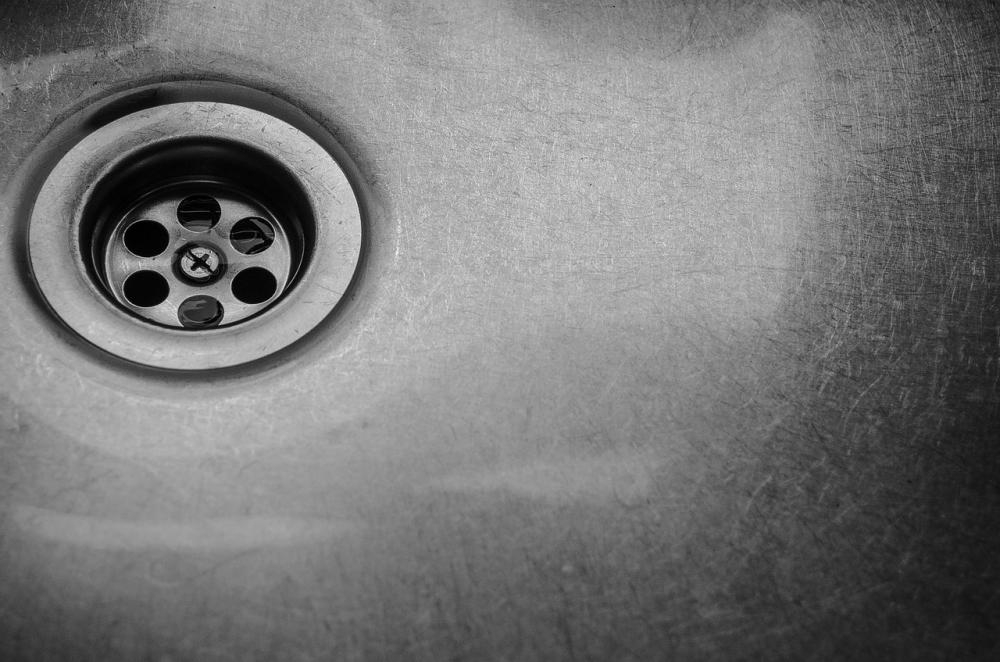Green Plumb: 3 Ways To Make Your Waste Water Easier On The Earth
Pollution is a serious problem that is having a major impact on the world. While the pollution problems in places like China tend to get more publicity, the truth is that the United States is also facing major pollution problems. The US Environmental Protection Agency (EPA) estimates that at least 40% of American rivers and streams are in poor biological condition due to pollution, which makes it necessary that everyone does their part to reduce their environmental impact.
One of the most important things you can do to protect the country's waterways is to focus on your plumbing and/or septic system. The wastewater that your home produces can be a major source of pollution if not handled correctly, so here are a few ways you can do your part to help the environment.
Watch What You Pour Down the Drain
One of the main problems is that all wastewater eventually ends up in our streams and rivers. This water is first cleaned at a wastewater-treatment facility, but these treatment facilities are much more effective at removing bacteria and biological contaminants than they are at removing chemical contaminants.
It is advised that you never pour any strong chemicals, adhesives, or other potentially dangerous substances down the drain and instead dispose of them as instructed. This includes cleaning products, nail polish, and many other household items. Additionally, you should never flush your old medications, as these are another major source of water contamination.
Consider Grey Water Recycling
An easy way to reduce the impact of your wastewater is to limit the amount that you produce. To this end, gray water recycling is one of the best and easiest things you can do. With this type of recycling system, the gray water that comes from your sinks, showers, dishwasher, and washing machine is reused instead of being sent down the drain. The black water that comes from your toilets will still end up in the wastewater-treatment facility, but the rest of your water can be used for watering your lawns and landscaping.
Check the Condition of Your Plumbing or Septic System
A properly maintained, functioning sewage system or septic system is designed to prevent environmental contamination by ensuring that the wastewater doesn't come into contact with the environment until it has been properly treated. However, a leak in your plumbing or sewage could eventually lead to toxic conditions around your home due to the sewage contaminating the surrounding soil.
Similarly, it is essential that your septic system is properly installed, placed in a suitable location, and functioning properly to reduce the risk of polluting the surrounding area. If you are considering a septic system, consult a company like Rob’s Septic Tanks Inc to ensure it can be implemented safely. It is also very important that you have your plumbing or septic system inspected regularly by a professional in order to ensure that your wastewater doesn't harm the environment.
The fact is that wastewater is always going to be a primary cause of pollution, which means that everyone should do what they can to minimize the damage. While you'll never be able to fully eliminate the impact your wastewater has on the planet, you can at least reduce the damage by being diligent and responsible.




0 Comments
Recommended Comments
There are no comments to display.